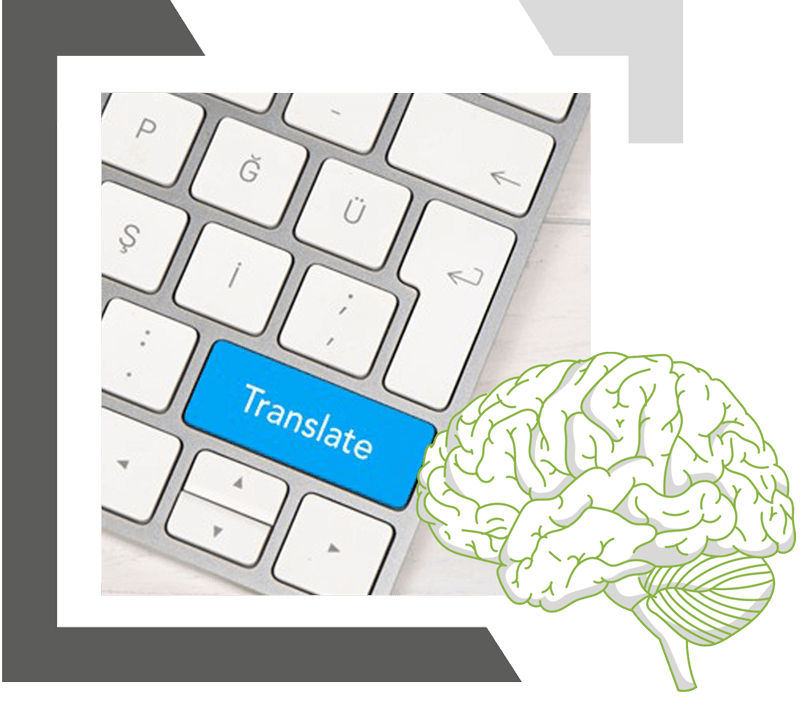Permission to Translate
The Neurostatus-EDSS documents (EDSS definition booklet and scoring sheet) are only available in English. Due to the copyright vested in the materials, Neurostatus-UHB can grant a permission to translate but only for the purpose of supporting the rater in their use of the official version (English). This means the translations can be used as a guideline but cannot be taken as official documents for conducting and scoring the examinations.
In order to grant the permission to translate, Neurostatus-UHB enters into a separate written permission agreement with the study Sponsor, subject to the following conditions:
Prior to translation, the Sponsor shall provide:
- Full name + address details of the translation company
- Translator credentials
- Translation certificate
- Copy of the contractual clause with the Translation Company assigning all rights to the translations to Neurostatus-UHB
After the translation, a copy of the translated material must be sent back to Neurostatus.


Neurostatus-EDSS By Phone
The EDSS by phone is a valid solution to be implemented temporarily and exceptionally, only if the examination cannot be conducted in the physical presence of the rater. It was originally developed for use in observational studies and Phase IV trials, with increased demand during the COVID-19 restrictions on face-to-face interactions.
In order to grant the permission to use Neurostatus-EDSS by Phone, Neurostatus-UHB enters into a separate written permission agreement with the study Sponsor, subject to the following conditions:
Referring to Neurostatus-EDSS in publications
The use of Neurostatus-EDSS and any Neurostatus-UHB materials must be acknowledged in all publications of the clinical trial’s results.
The following references must be quoted:
For the Neurostatus-EDSS:
Kappos, D’Souza M, Lechner-Scott J, Lienert C. On the origin of Neurostatus. Mult Scler Relat Disord. 2015 May;4(3):182–5.
For the Neurostatus-eEDSS:
D’Souza M, Yaldizli Ö, John R, Vogt DR, Papadopoulou A, Lucassen E, et al. Neurostatus e-Scoring improves consistency of Expanded Disability Status Scale assessments: A proof of concept study. Mult Scler Houndmills Basingstoke Engl. 2017 Apr;23(4):597–603.
